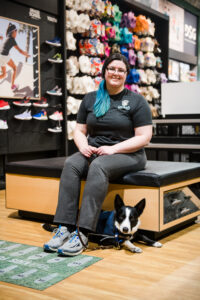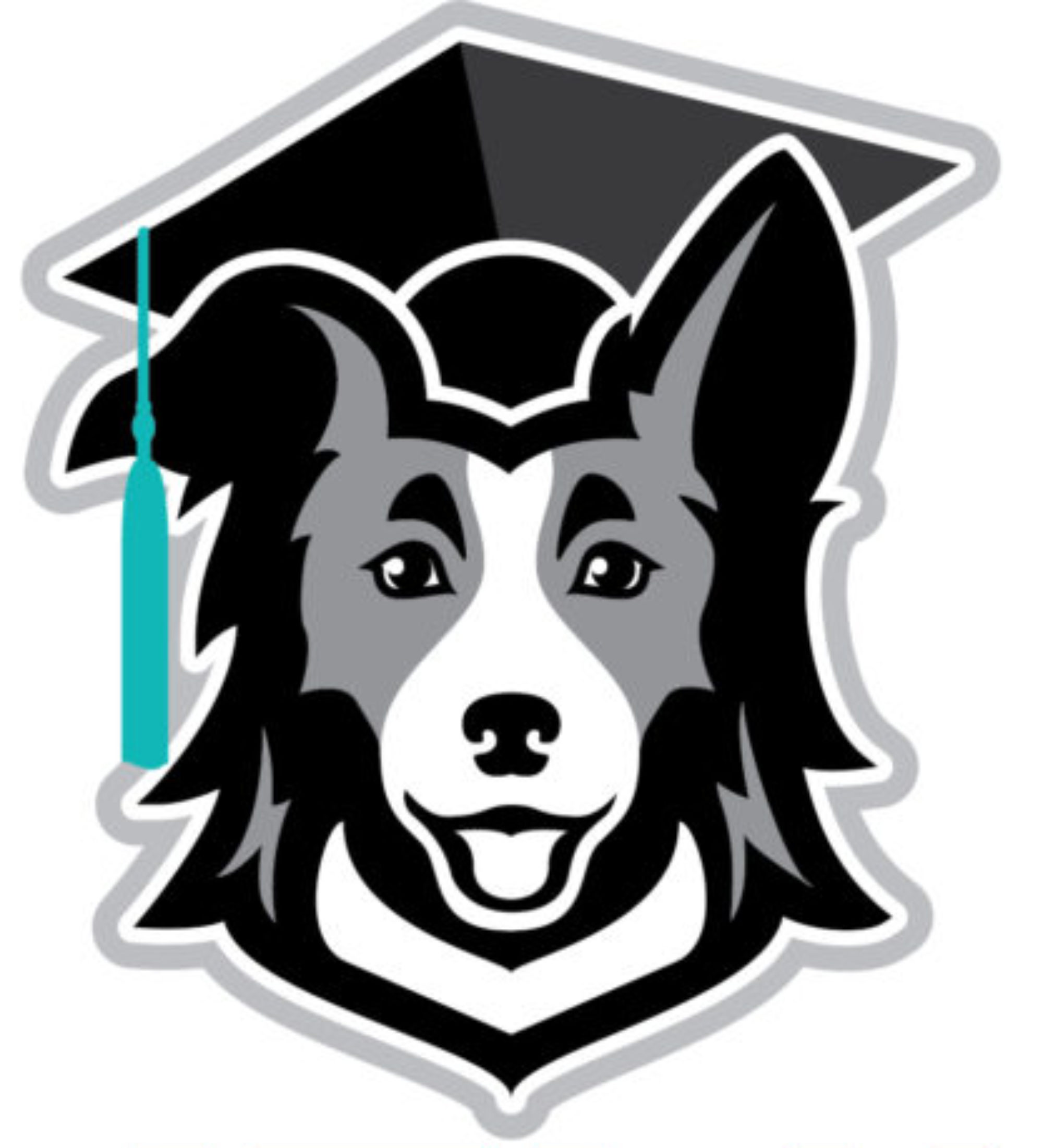Puppy Training in Lehigh Valley : Biting & Teething Tips
Updated: July, 30th 2025 Puppy training in Lehigh Valley
Puppy Teething, Biting, and Growing Up: What Every Dog Owner in the Lehigh Valley Should Know
Hey friends — welcome back!
It’s Caitlin Bird, your favorite dog trainer in Allentown PA (and your sparkly source of puppy wisdom🐾) here to help with Puppy training in Lehigh Valley.
It’s an overcast kind of day here, which feels perfect for chatting about something all puppy parents go through: teething, biting, and navigating early puppyhood.
Why Puppies Bite (And What Actually Helps)
So the article we’re looking at today is from the Telluride Daily Planet, and while I’m not sure where that is, I am sure that puppy advice can range from super helpful to super outdated.
Let’s break it down.
Puppies bite and chew because they’re teething. Their gums are sore and inflamed, and they’re desperately searching for relief — whether it’s a frozen Kong or, unfortunately, your favorite slippers.
If you’re looking for puppy training in Lehigh Valley, understanding the why behind behaviors is the first step toward gentle, effective solutions.
Is Puppy Biting a Training Problem?
It’s a phase — and yes, training can help, but biting isn’t always a “behavior problem.” It’s often discomfort mixed with curiosity, genetics, and breed energy.
Some breeds (like field-bred Labs or Huskies) may turn biting into a game, especially if they’re under-stimulated. That’s why positive reinforcement dog training in Bethlehem PA — like what we do in my group classes — focuses on redirecting rather than punishing.
The Yelp Advice (and Why It’s Not Always Helpful)
You’ve probably heard: “Make a high-pitched yelp like their littermates!”
Sure, that might work — but for a lot of puppies, it either makes things worse or makes them feel unsure around you.
That’s why personalized puppy training in Lehigh Valley matters. Breed, personality, sensitivity to sound — they all factor in. You’re not doing anything wrong if the advice doesn’t work for your pup. It just means you need to train smarter, not louder.
Puppies Get into Stuff Because… We Let Them
If your pup is chewing baseboards or stealing socks, that’s a setup problem — not a dog problem.
At-home structure is key. My clients in Allentown PA and surrounding towns know the first thing we talk about is management. Crates, gates, supervised zones — all things that keep pups safe and your shoes unchewed.
Training is as much about preventing bad habits as it is about teaching good ones.
Need-Focused Training, Not Just Behavior Fixes
Redirecting isn’t a one-size-fits-all. Some pups need puzzle toys, others thrive on decompression walks where they get to sniff and explore.
For example, my Koolie Reiver pulls like a sled dog in his sniff harness — and that’s on purpose. It lets him decompress, burn energy, and even trim his nails naturally.
Puppy Socialization That Works for Real Life
Socialization isn’t about overwhelming your dog. It’s about slow, structured exposure that builds confidence.
Whether it’s a low-stimulation parking lot in Bethlehem PA or a busy trail in Lehigh Valley, we train at your dog’s pace, not a cookie-cutter timeline.
Remember: your puppy is always communicating with you — the question is, are you reading them clearly?
Wrapping It Up
Biting, chewing, and zooming through the house are all normal parts of puppyhood. But when we meet their needs — physically, emotionally, and mentally — they settle in faster, and training becomes something joyful, not frustrating.
📍 Based in Lehigh Valley, PA, I help families just like yours raise calm, confident puppies using positive reinforcement dog training in Bethlehem PA and beyond. Whether you’re in Allentown, Whitehall, or Easton, I’d love to support your puppy’s journey.
Follow along on TikTok (@caitlinsanimals) to see what I’m working on with my current training pups, or visit CaitlinsAnimals.com to book your spot.
Until next time — stay kind, stay curious, and give your dog a little extra love from me. 💛

Join one of our courses and start shaping your dog to be happy and obedient today. We make sure every class is easily understood, and that all students reach the same level of expertise needed for their dog.
Address:
128 7th Street
Whitehall PA 18052
Phone: (484)619-3554
Email: Caitlin@CaitlinsAnimals.com
